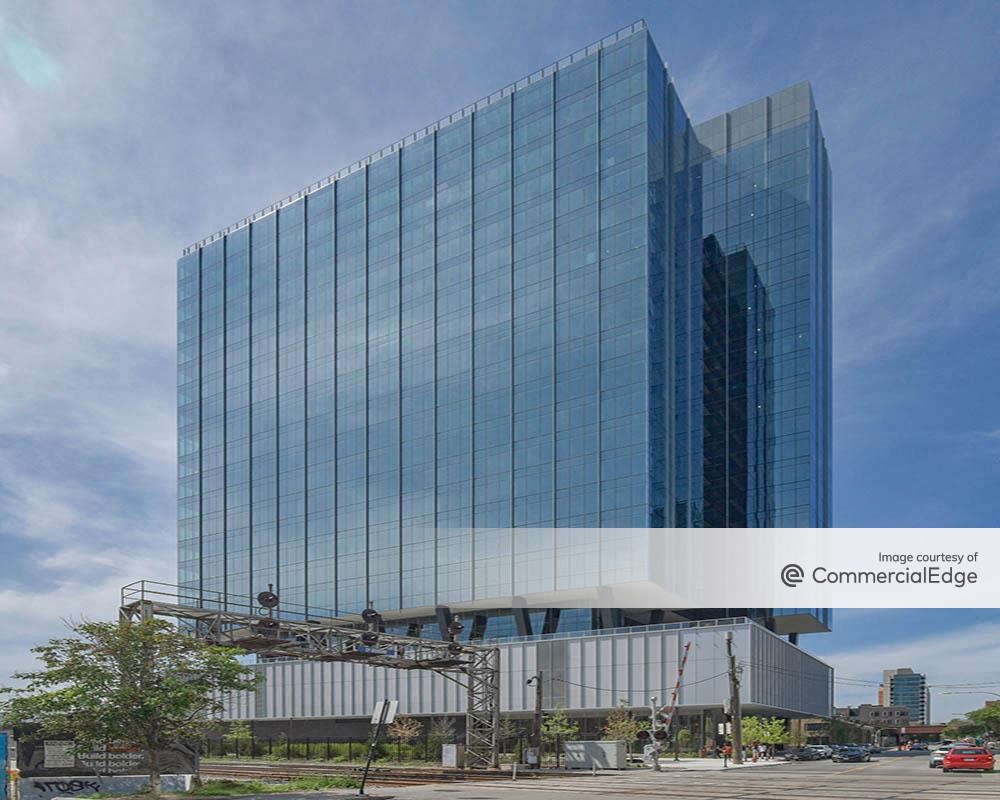Brexit Reveals Europe’s Future Financial Hubs
As negotiations for Brexit unfold between the U.K. and the European Union, and many arrangements are still in limbo, several European capitals have emerged as contenders in the race for the next financial centers of the E.U.
By Timea Papp
 The U.K. has formally commenced the process of leaving the European Union. Following preliminary talks—between March and October 2017—officials moved on to key negotiations in late 2017 and early 2018 regarding future trade arrangements and the actual implementation phase, which may take place as late as 2021. The longer it takes representatives to reach an agreement on these issues, the more uncertainty it creates for the U.K.’s economy.
The U.K. has formally commenced the process of leaving the European Union. Following preliminary talks—between March and October 2017—officials moved on to key negotiations in late 2017 and early 2018 regarding future trade arrangements and the actual implementation phase, which may take place as late as 2021. The longer it takes representatives to reach an agreement on these issues, the more uncertainty it creates for the U.K.’s economy.
Mounting uncertainty
Brexit is expected to impact many industries, but the financial sector is likely to be the hardest hit, as London is considered a leader in derivative and money markets, as well as a global hub for foreign exchange markets. The city has been able to maintain this position due to a favorable regulatory environment, access to other financial markets and clients and the availability of an educated labor pool.
Companies are faced with the challenge of moving to other European cities, as uncertainty surrounds the possibility of cross-border activity once the final Brexit “divorce” bill is ratified. Skilled foreign workers might lose their “European passport,” forcing employers to begin the relocation process amidst the Brexit negotiations.
European agencies in London have also experienced the impact of Brexit. In November 2017, the E.U. decided to move its banking headquarters—The European Banking Authority—to Paris. The French capital tied with Dublin in the third vote, which led the Estonian chairman of the meeting to pick the winner out of a bowl. In addition, Paris is home to some of Europe’s most influential banks and the Euronext Paris stock exchange. In late 2017, Bank of America signed a lease to occupy approximately 100,000 square feet of office space in Paris.
The E.U. has chosen Amsterdam as The European Medicines Agency next headquarters. Contributing to the overall strength of the Dutch commercial real estate market, Amsterdam already boasts the European offices of Tesla, Netflix and Uber. Both the EBA and the EMA are currently located in London’s Canary Wharf district, employing hundreds of people who will be forced to relocate. This marks one of Brexit’s first concrete consequences, indicating how leaving the E.U. will affect the U.K. in terms of jobs.
The EMA maintains its position expressed by Executive Director Guido Rasi back in November. “Amsterdam ticks many of our boxes. It offers excellent connectivity and a building that can be shaped according to our needs. I am very grateful that the Member States took into account our requirements for business continuity and gave priority to the protection of public and animal health,” explained Rasi, in prepared remarks.
“Our internal surveys have shown that a large majority of EMA staff would be willing to move with the Agency to Amsterdam. However, even in this case, our activities will be impacted and we need to plan for this now to avoid the creation of gaps in knowledge and expertise,” Rasi continued.
Germany, one of Europe’s largest economies, is also appealing to the big players looking to migrate. Already home to the European Central Bank headquarters, Frankfurt is the city chosen by Morgan Stanley, Citigroup, Standard Chartered and Nomura to relocate from London in order to maintain their access to the E.U. single market. In October 2017, Goldman Sachs announced its plans to prepare for Brexit by leasing office space in Frankfurt.
The race has begun
Other financially active cities that would gain from the Brexit migration are Dublin, Luxembourg and Copenhagen, among others. Dublin houses the European headquarters of Facebook, Google, Twitter and LinkedIn, and the city considers itself an obvious choice due to Ireland’s cultural proximity to the U.K. and the prevalence of the English language.
Luxembourg’s low-tax appeal is one of the factors attracting companies to the Belgian financial hub. Additionally, the European offices of PayPal and Skype are here. Copenhagen is also in the race to woo companies currently based in London. The Danish capital is set on attracting financial firms through its pensions industry and high living standards.
Brexit has become a unique opportunity for European cities to increase their position and take on the numerous financial advantages London has enjoyed within the E.U. As uncertainty still envelops the separation process, these cities have transformed into real contenders and have taken concrete measures to become the next financial hubs of the E.U.







You must be logged in to post a comment.